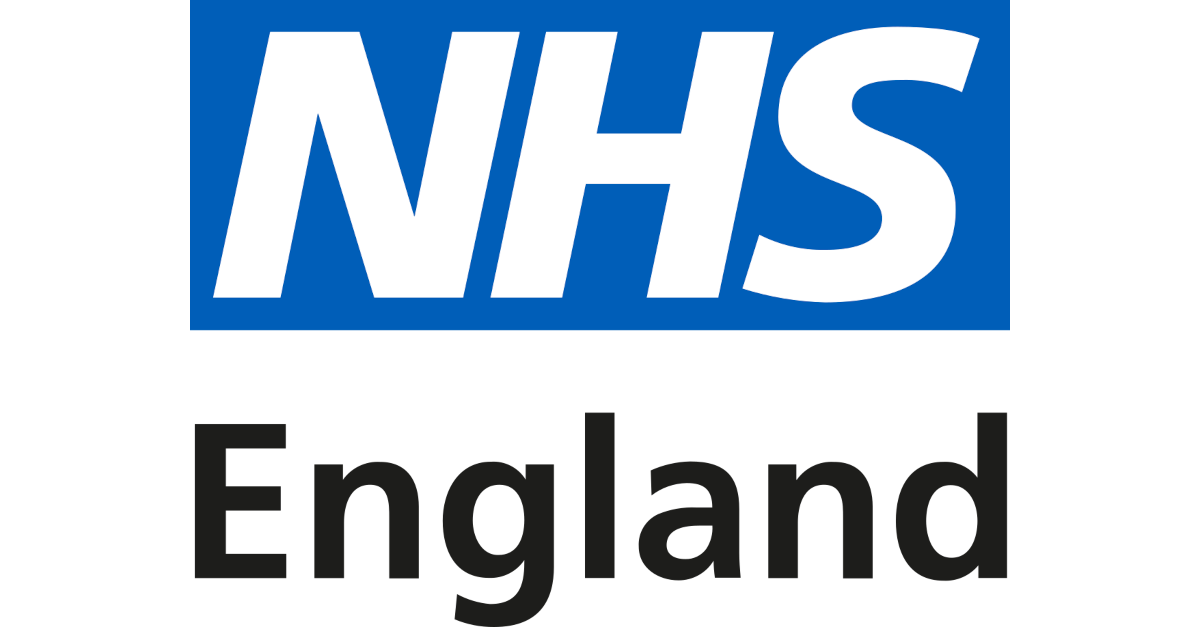Over 100 frontline NHS staff will be joined by NHS England directors in Reading today (25 Feb 2025) to have their say on what they want to see from the government’s 10 Year Health Plan.
It is one of many events across the country where frontline NHS staff across the breadth of the NHS workforce will come together to reshape the health service.
Senior NHS figures will also be in attendance to hear the views of staff on what the future of the NHS should look like. It follows 7 nationwide public debates and a series of online staff events that took place last year.
Joining today’s staff are Bola Owolabi, Director of Healthcare Inequalities for NHS England; Steve Toland, Deputy Chief Allied Professions Officer for NHS England; Anne Eden, South East Regional Director; and Dr Tim Caroe, South East Director of Primary Care.
Staff have been nominated to attend across a range of staff types, care settings and communities including GPs, nurses, optometrists, consultants, porters, pharmacists and more.
While in Reading, senior NHS figures will also visit the award-wining Brookside Group Practice surgery in Earley where the team have been transforming patient care through a range of digital improvements.
Their work has improved access to care with a new triage system to risk assess patients and their concerns, meaning they get the right care, at the right time, in the right place. The practice’s innovation has also meant patients seeing the same regular clinician, enabling the practice team to proactively manage patients who might be vulnerable, frail or need specialist care.
Committed to moving from treatment to prevention, the practice has a dedicated team of health and wellbeing advisors who work with patients who might need support in a whole range of areas such as diet and exercise, emotional health, loneliness, financial issues and social anxiety. By taking a holistic approach to patient wellbeing means the practice can tackle the root causes of many patients’ issues, as well as supporting them medically.
Professor Bola Owolabi, NHS England Director of the National Healthcare Inequalities Improvement Programme, said: “It is vital that our hardworking NHS colleagues across the country, including frontline colleagues and teams in the South East, come forward and share their views to help shape the 10 Year Health Plan and the future of the NHS.
“If you haven’t yet shared your experiences – the good and the not so good as well as suggestions for change – we want to hear from you now. Together, we can build a health service fit for the future – so have your say.”
Health Minister Ashley Dalton said: “Too many patients are stuck on hospital waiting lists when they should be receiving care closer to home.
“Our 10 Year Health Plan will reverse this trend and build a neighbourhood health service that can deliver care within the community. To ensure the plan will build a health system that is fit for the future, it is vital we hear from frontline staff, who will be instrumental in delivering the changes needed.
“That’s why today’s event in Reading is so important. Even if you’re not at one of our events, we still want to hear your views at change.nhs.uk.”
After events in Liverpool, Sutton Coldfield, Sheffield and London, further listening events will be carried out across the country, with upcoming dates in March in Peterborough and Taunton.
There’s still time for the public to share their experiences, views and ideas for fixing the NHS on change.nhs.uk or via the NHS App. Change.nhs.uk has already received 1.5 million separate visits, with over 11,000 ideas now live on the site.
Dr Amit Sharma, GP Strategy Partner at Brookside Group Practice and clinical director of Earley+ PCN, said: “We are incredibly proud of the work our team is doing at Brookside to ensure our patients get the care and support they need, when they need it.
“This might be through the more traditional route of an appointment with their GP or allied health professional, using our triage system to identify patients in greatest need, or supporting them with other aspects of their wellbeing to help them stay well.
“This proactive approach helps to build a community where everyone feels cared for and is enabled in their health and wellbeing.”

